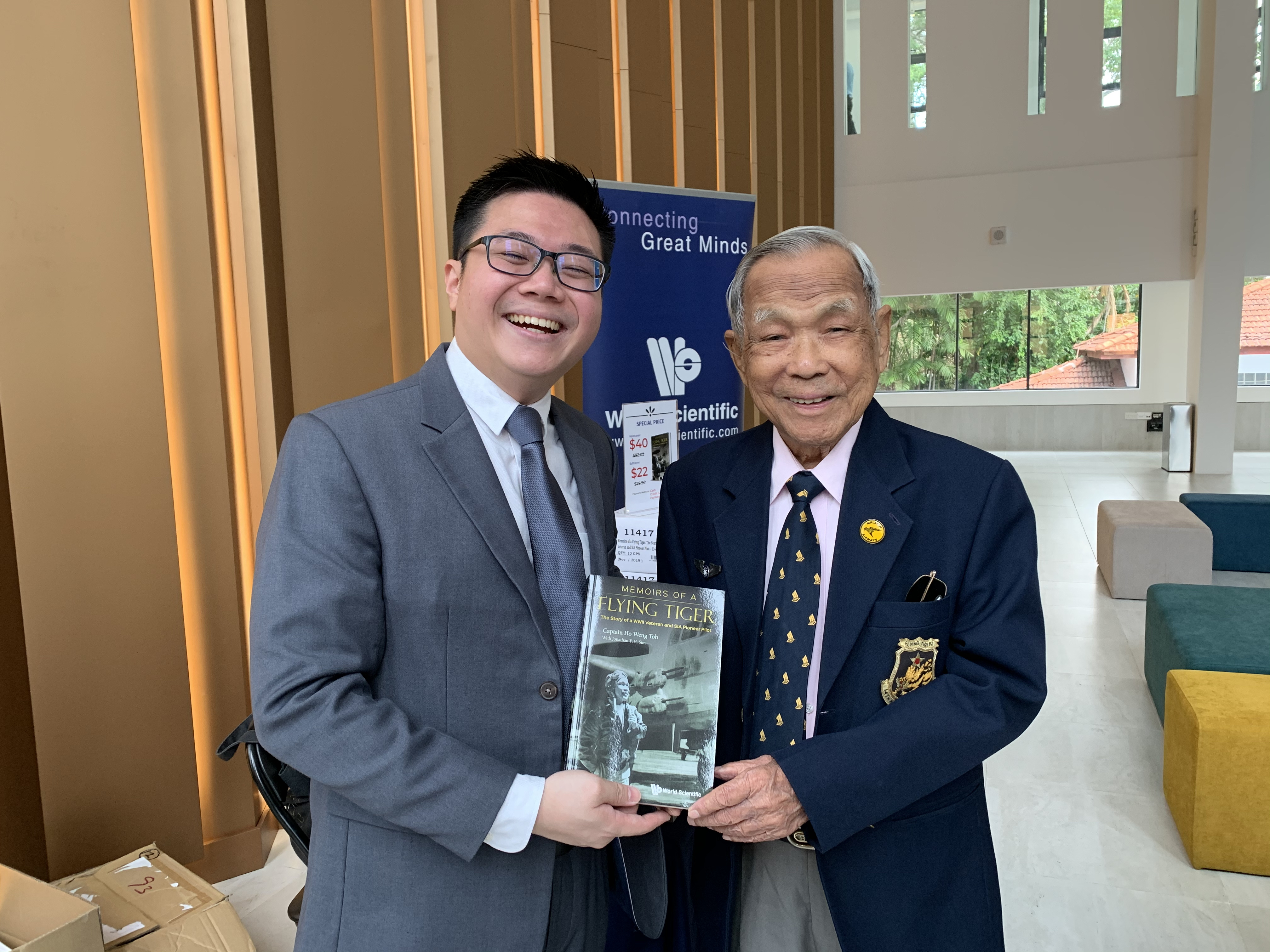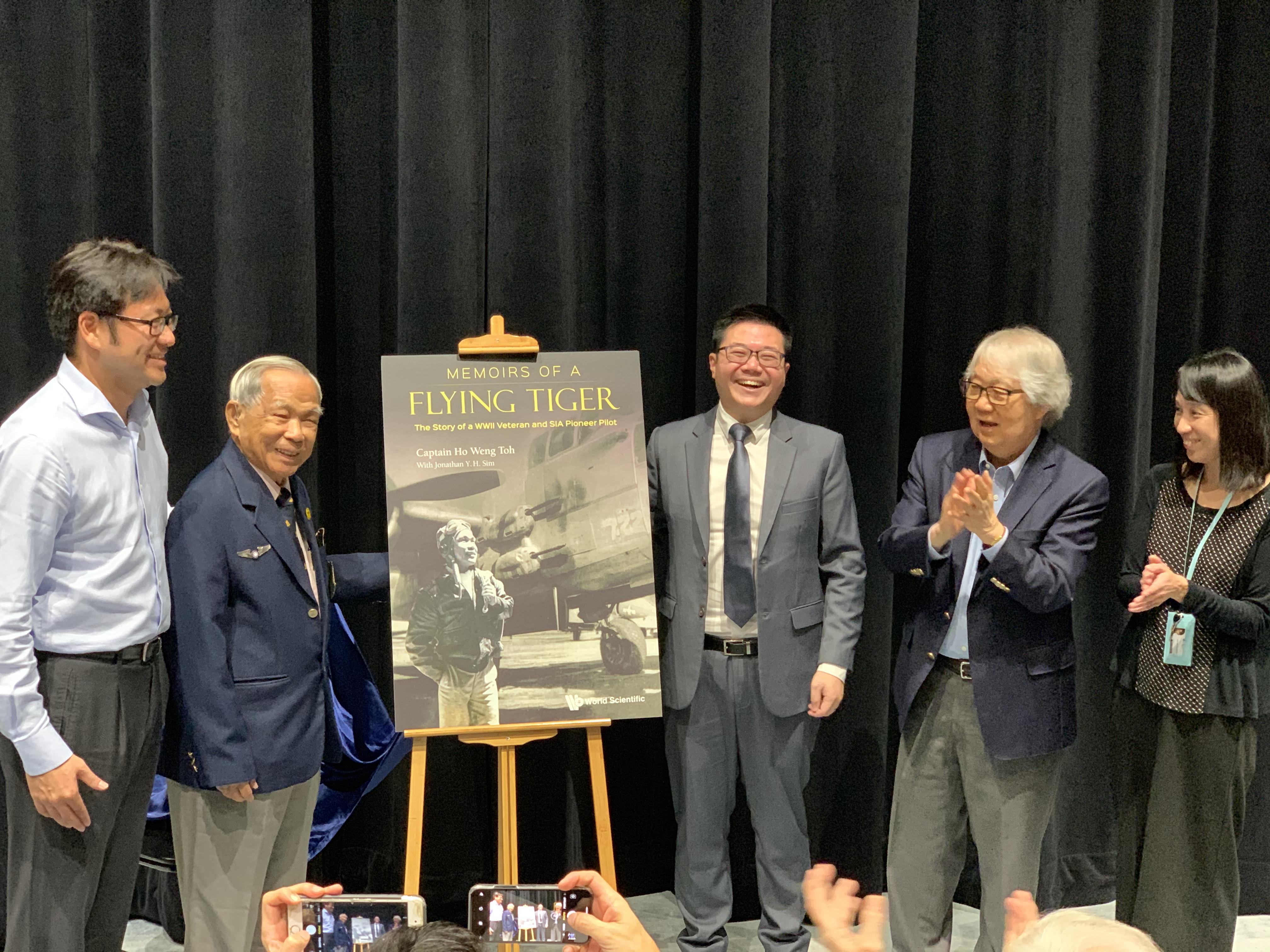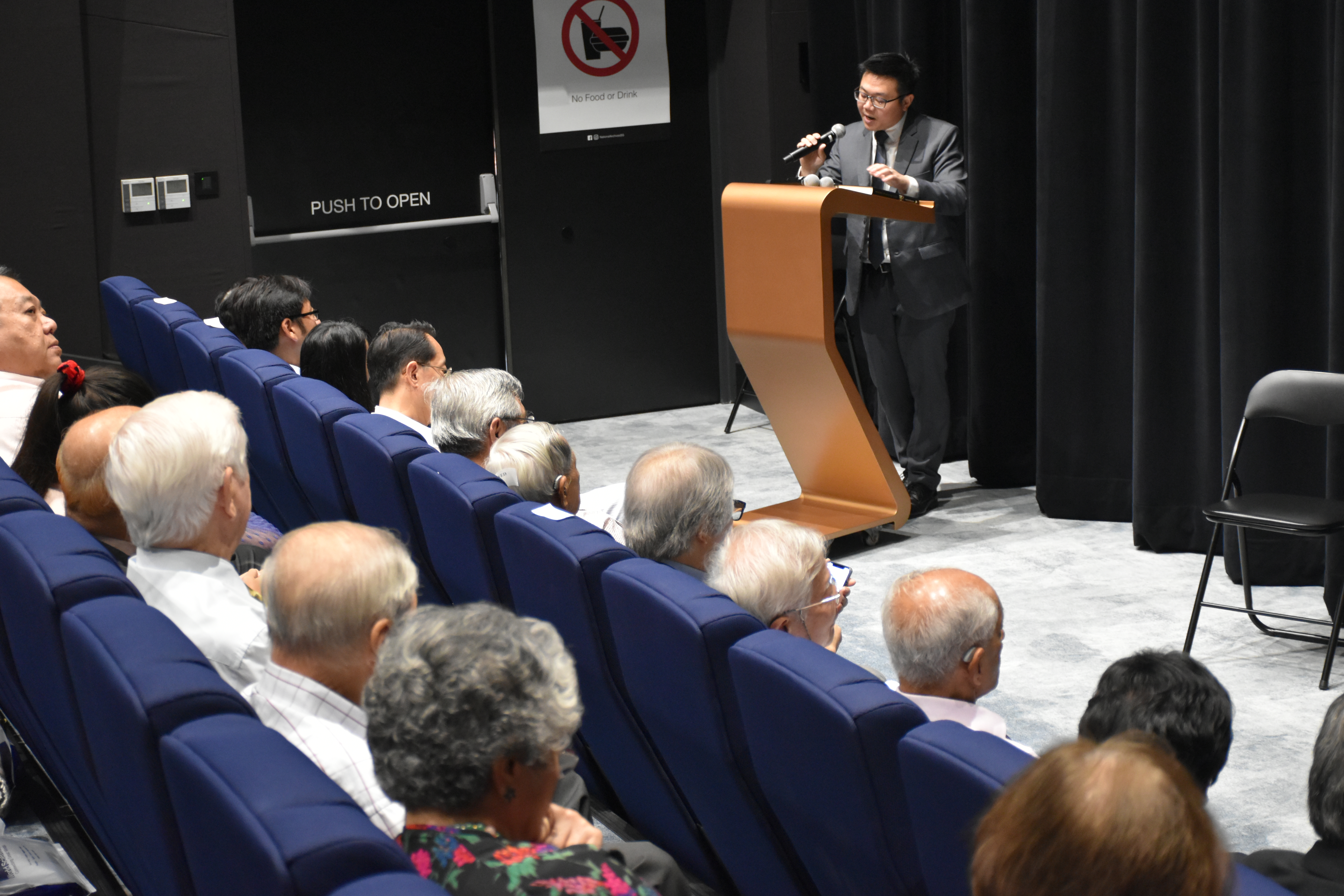Here’s a transcript of a public presentation I gave last Saturday (4 July 2020) at the SGUnited Skills Programme Presentation by NUS at Kampong Admiralty Career Fair organised by e2i
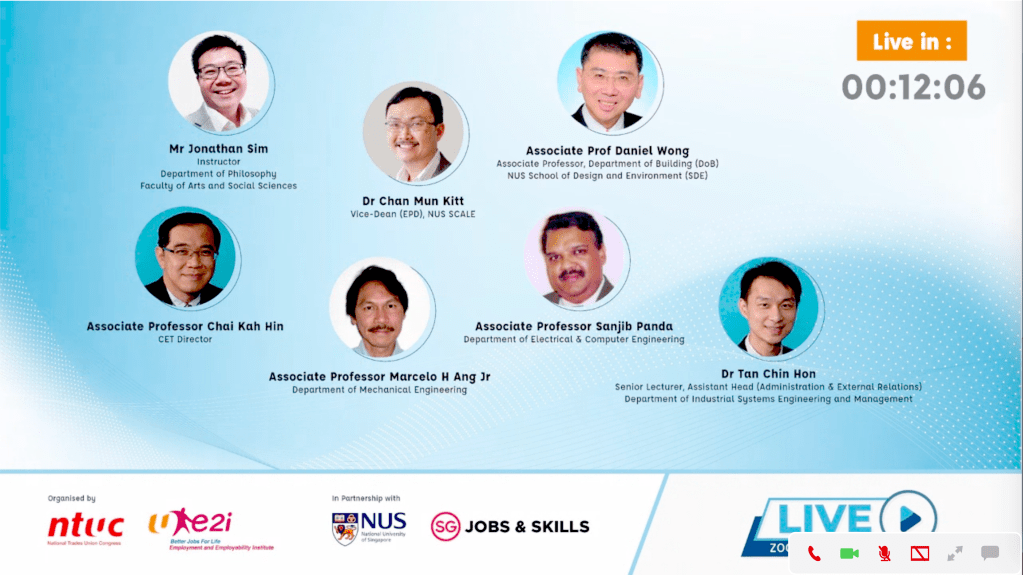
Hello! My name is Jonathan Sim, and I am an Instructor from the Department of Philosophy. I’m very happy to share with you more about the Professional Certificate in Human and Automated Managerial Skills, under the Human and Managerial Literacies Pillar.
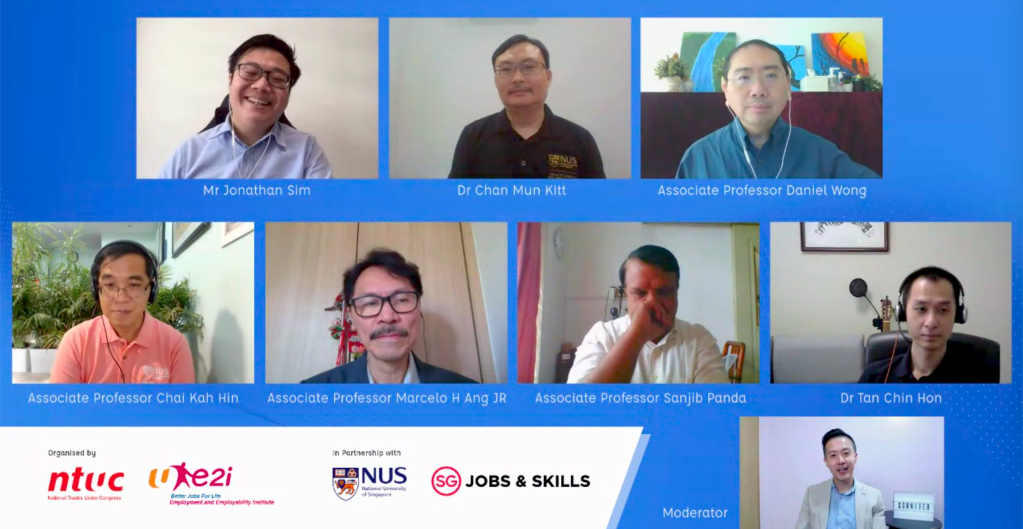
This professional certificate is a collaboration between the Department of Social Work and the Department of Philosophy.
Eh? I know some of you may have raised eyebrows, and at this point you might be thinking: How is this relevant to me? Let me explain.
This professional certificate is meant to impart to you the soft skills of problem-solving. Just because a solution works doesn’t mean that it works well. And this is especially so when we have to work with digital tools, whether it’s tools for data analysis or coding, or anything involving a computer. The computer will always throw out an answer. Just because it works, just because it gives you an answer, doesn’t mean it’s the right answer. The solution may not be effective!
It could be that we’re solving the wrong problem, or we might be solving the right problem, but in a way that creates more problems. These days, we are managing people in an automated way. And it’s easy to forget that behind every figure in your data is a real human being. What if the solution is problematic? At a click of a button, lives are affected! Scary, isn’t it?
So that’s why we want to impart to you the soft skills to think critically about the solutions we create.
Social Work is about the heart, and Philosophy is about the mind. We want to develop both your heart and your mind; and we want to equip you with the essential skills to lead people with an impact, and in a way that inspires others to follow you. We want you to have the skills to strategise effectively and efficiently when managing both people and resources.
So let me briefly explain how the 3 courses in the Professional Certificate will help you to achieve all these, alright?
The first programme is called, “Beyond Resilience: Growth and Personal Leadership During Challenging Times.” Here, you’ll learn how to tap on your rich experience in life, your success, your failings, your strengths, and your weaknesses, so that you can develop greater resilience amidst difficult and uncertain times. And more importantly, so that you can use your experiences and strengths to discover your own mission; your own purpose; your own direction. Only in this way can you lead yourself to accomplish this.
This is known as personal leadership: knowing how to lead yourself with purpose and conviction. And only when you are able to lead yourself will you then be able to inspire and lead others with an impact. This a very critical leadership skill that we want to impart to you.
The second programme is called, “How to Critically Reason with Data on Microsoft Excel.” As the name suggests, we will teach you some basic foundational concepts in data analysis and how to use Microsoft Excel to carry out the basics of data analysis.
If you’ve never done any of these things before then this course is for you! Because we want to empower you, make you confident in the basics. So that you can take your learning of data analysis further on your own or in one of the other professional certificate programmes on offer.
The essential skill we want to teach you is how to reason critically. Data doesn’t lie. If the data said X happened on this day, it happened! But we can form flawed interpretations from the data. And in this vast and uncertain world where you don’t know the answer, I don’t know the answer, your boss doesn’t know the answer, how do we know that we have attained the right answer, or the right interpretation? You’ll learn how to be more aware of your own assumptions, identify and challenge other people’s assumptions, and of course, justify your own interpretation with strong support from the data. This is a great soft skill to learn because you will know how to investigate and identify the right problem to solve.
So how then do we solve the problem well?
Ah, this brings me to the third programmed, called, “The Basic Fundamentals of Algorithm Design and How to Critically Evaluate Algorithms to Identify Embedded Politics.” Algorithms are more than just codes on a computer. Policies, Standard Operating Procedures or SOPs, even decision on who gets shortlisted for an interview, or who gets promoted – managerial level decisions. All these are algorithms, whether or not they are executed by a machine or a human!
We want to develop your mind, so that you acquire the skills to break a complex problem down, simplify it, and come up with clear step-by-step instructions to solve it. It’s a skill that will give you great clarity of thought when solving problems.
Now, this is not a coding course. If you’ve never done coding before! Wonderful! Because we’ll empower you with the foundational concepts essential to coding, so that you can learn coding on your own or in one of the other profession certificate programmes.
Of course, it’s not enough to know how to create algorithms. We must also know how to evaluate them. You see, algorithms are reflections of their creators. We can and we do in fact embed our assumptions about people and the world from time to time. And this can discriminate against certain classes of people, whether intentionally or unintentionally.
So we want to develop your heart and mind in order to recognise that you aren’t just looking at numbers. You are managing real people whose lives can be affected at a click of a button. And so we’ll develop in you the skills to critically assess algorithms for these kinds of discrimination, or what we call “embedded politics,” and we’ll teach you how you can work to improve these solutions.
With all these, you’ll acquire an array of skills to lead and manage people, whether manually or automatically.
